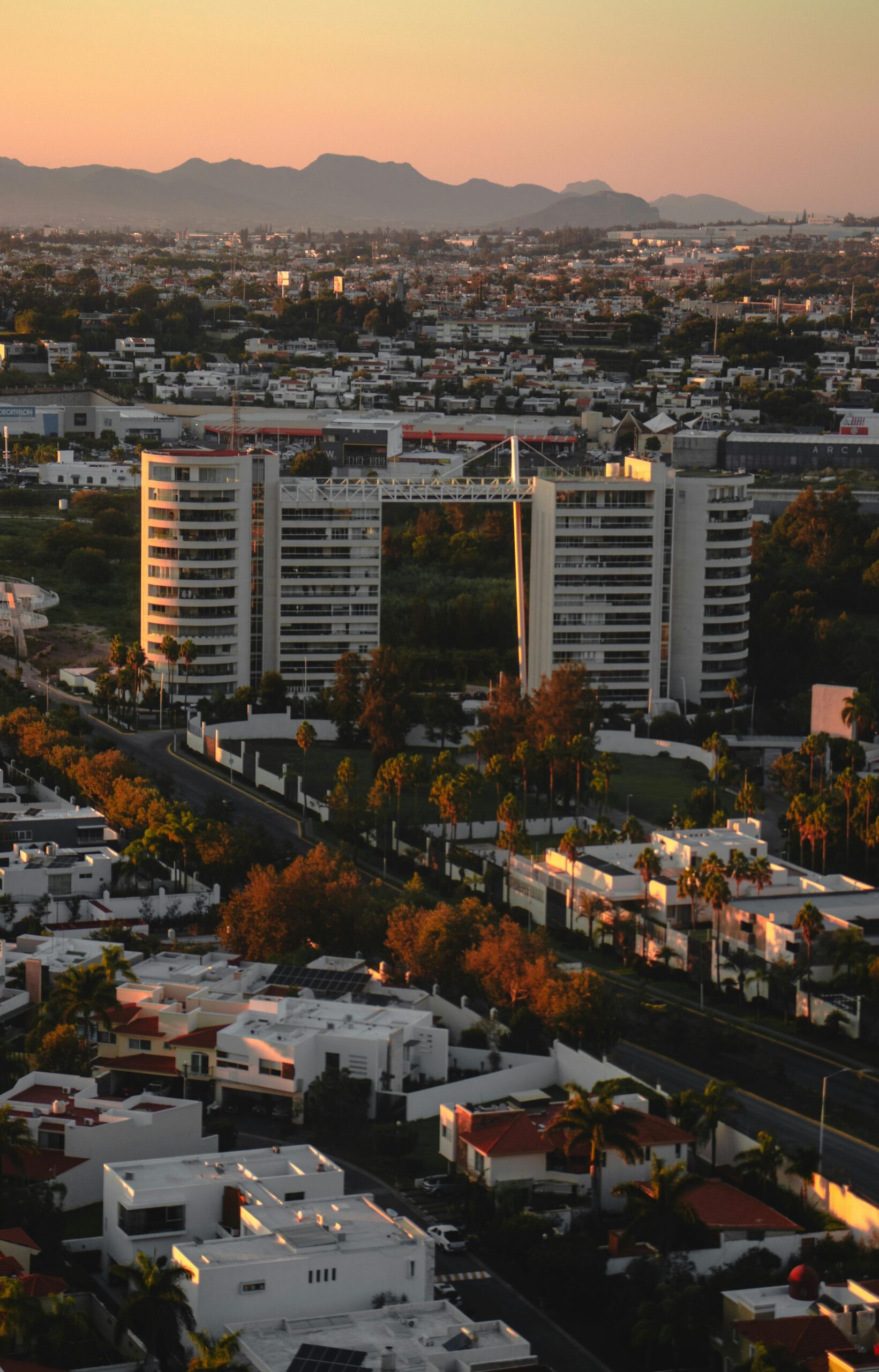Top 10 Most Developed Cities in Africa
It is no longer news that the continent of Africa is rising and you probably have not come across the term “Africa rising.” It is a term that captures the essence of a region that is home to some of the world’s fastest-growing economies.
Many African countries are making significant strides in improving their regulatory frameworks and political institutions, thereby creating a more favorable environment for investment and growth. These changes are what account for the emergence of many developed and thriving cities on the continent.
In this article, you’ll learn of the top 10 most developed cities in Africa and contributions to the growth of the continent.
1. Abidjan, Ivory Coast
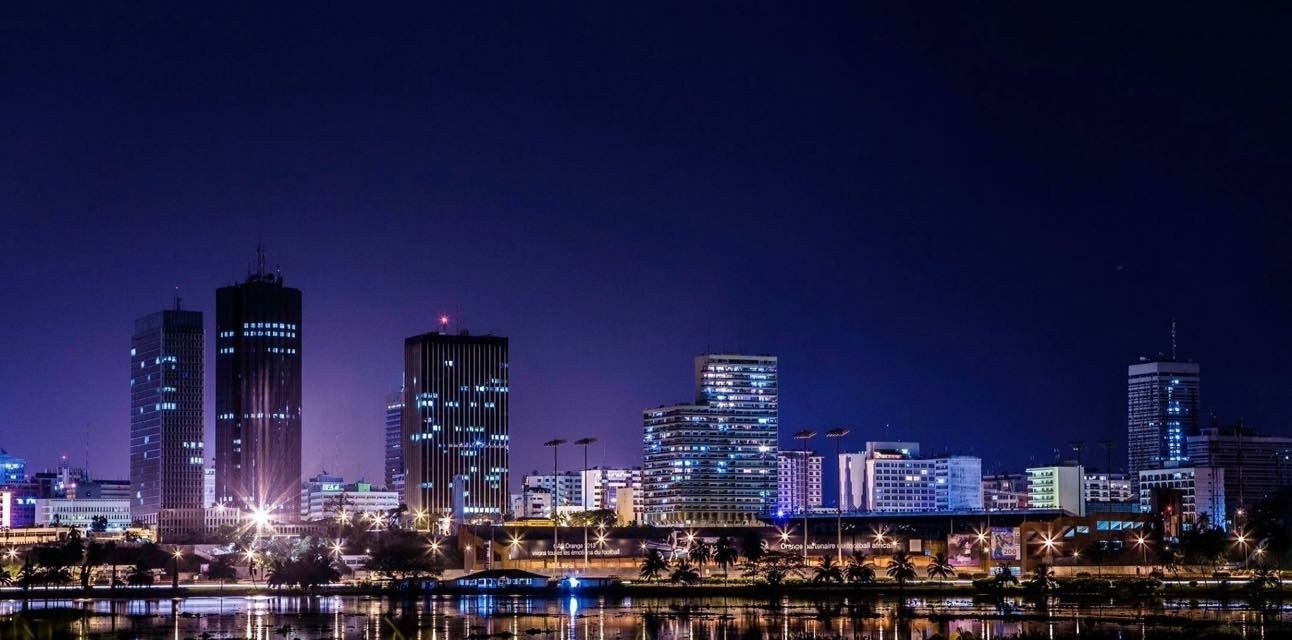
Abidjan is the largest city and economic capital of Ivory Coast. The metropolis is located on the southeastern coast of the country along the Ébrié Lagoon.
Abidjan is often regarded as the economic heart of Ivory Coast, as it hosts a majority of the country’s businesses across various sectors. The city is home to a modern deepwater port that plays a crucial role in exporting key commodities such as coffee, cocoa, timber, and bananas.
Also, the city comprises several districts, each with its own character. Le Plateau serves as the business district with modern skyscrapers and corporate offices, while Cocody is known for its upscale residences and diplomatic missions.
READ ALSO: Revealed: The 7 Cleanest Cities in Africa
2. Cape Town, South Africa
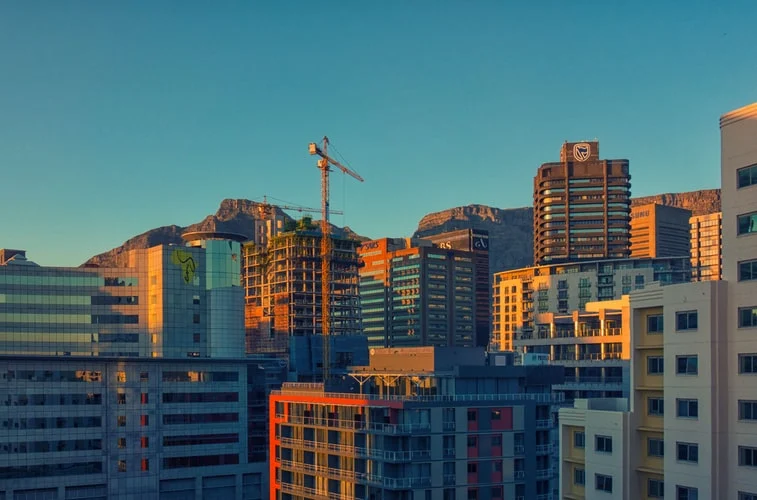
Cape Town is often referred to as the “Mother City” and is one of South Africa’s most iconic and vibrant cities. The city is seated between the majestic Table Mountain and the sparkling waters of the Atlantic Ocean.
It was founded in 1652 by the Dutch East India Company as a refreshment station for ships traveling to India.
Also, Cape Town serves as the legislative capital of South Africa and is a vital economic center. The city boasts a diverse economy driven by tourism, finance, trade, and agriculture. Its port is one of the busiest in Africa.
The city has a well-established infrastructure and is home to many multinational corporations. Its diverse economy spans tourism, finance, and technology, and this makes it one of Africa’s most developed cities.
3. Johannesburg, South Africa
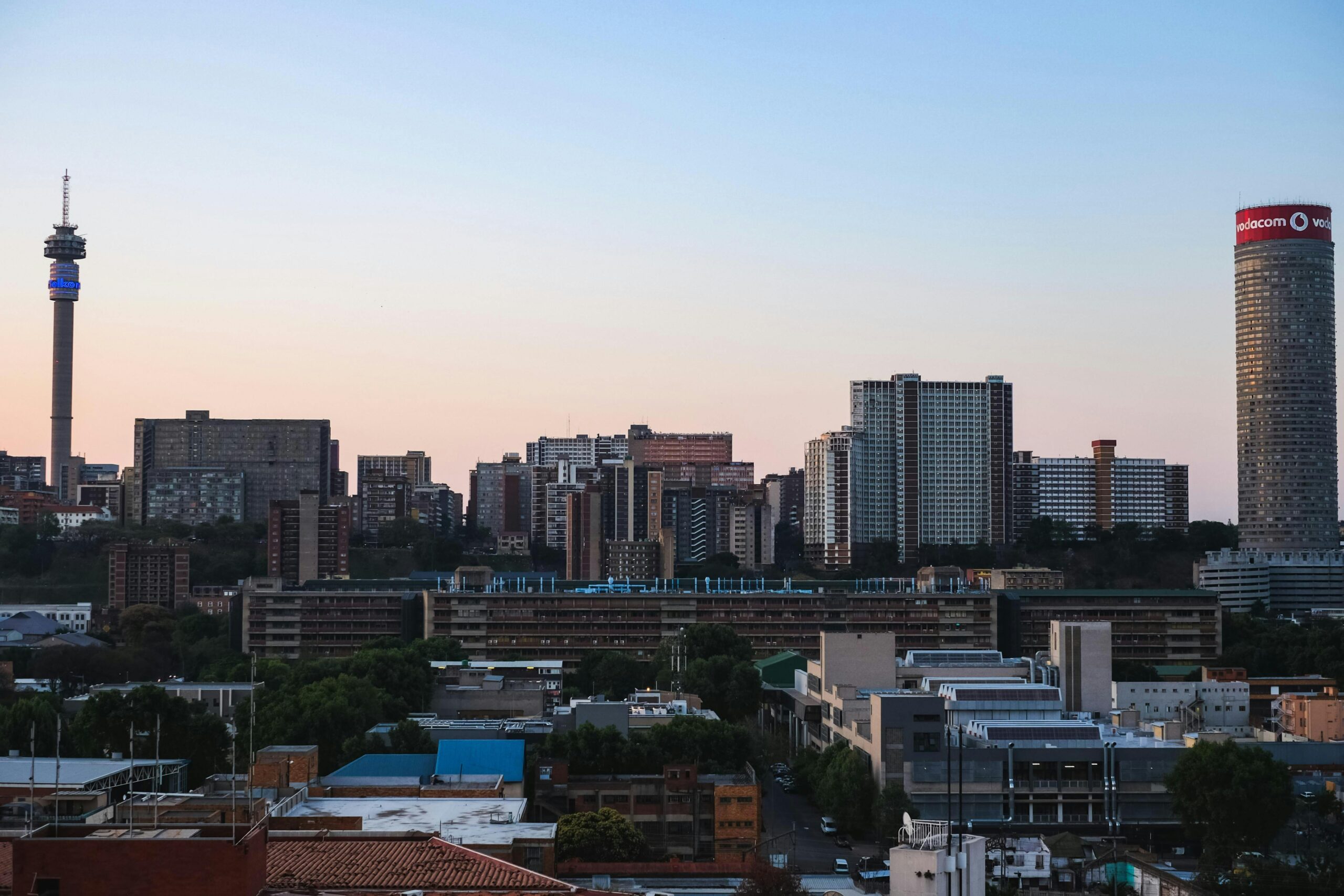
Johannesburg, which is popularly called Joburg (for short), is the largest city in South Africa. It also serves as the provincial capital of Gauteng, the wealthiest province in the country.
The city was founded in 1886 following the discovery of gold on the Witwatersrand. It quickly transformed from a small mining camp into a bustling city. The gold rush attracted thousands of prospectors and laborers, and this led to rapid population growth and urban development.
By 1898, Johannesburg had officially become a municipality, and by 1928, it was declared a city. The city is home to the Johannesburg Stock Exchange (JSE), which is one of the largest stock exchanges in the world. Major corporations and banks have their headquarters here, making it a central hub for business in South Africa.
Johannesburg also boasts several natural attractions that provide residents and visitors with opportunities to connect with nature. The Johannesburg Zoo is one of the largest zoos in South Africa.
4. Lagos, Nigeria
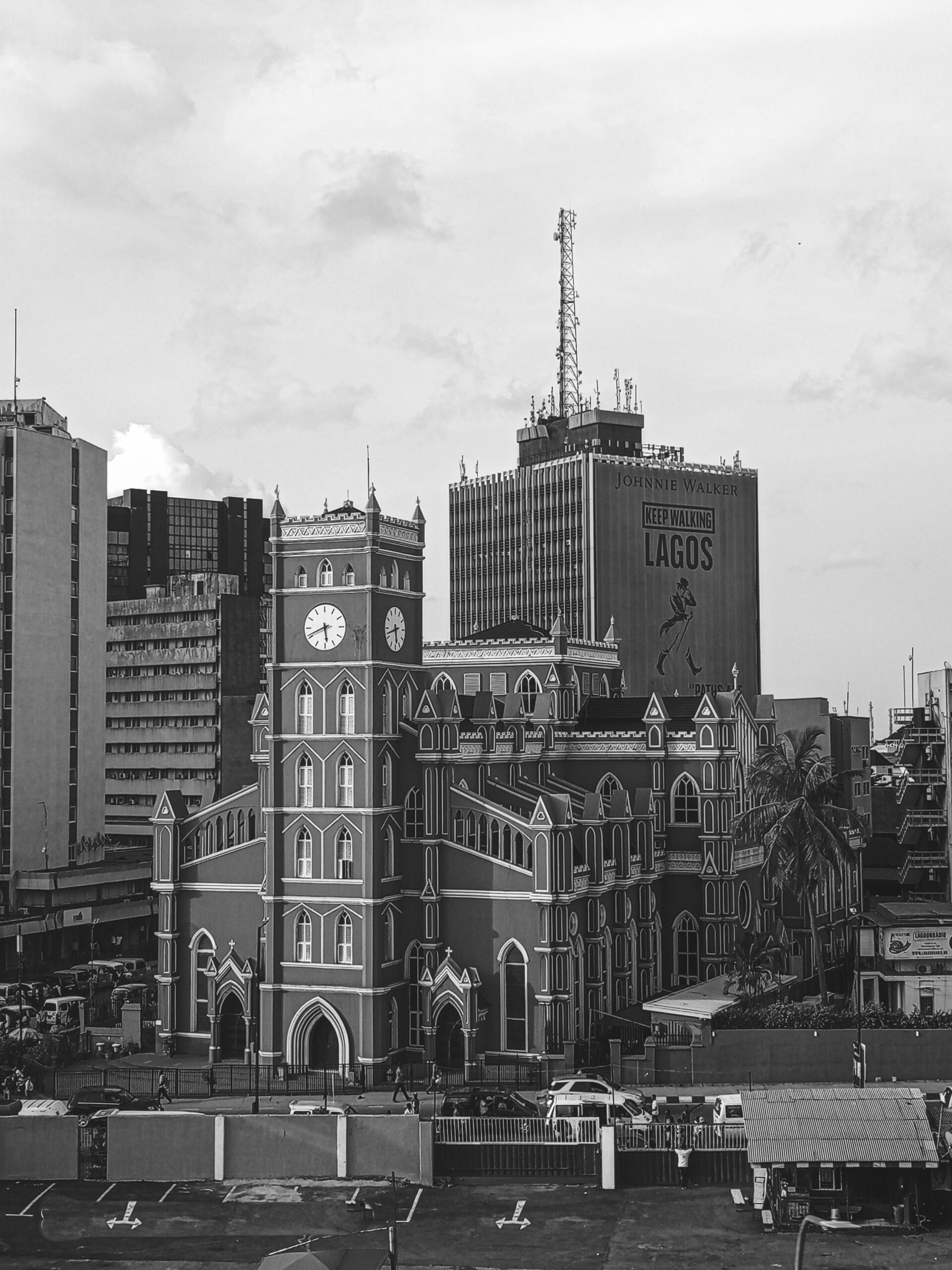
Lagos is the largest city in Africa, with an estimated population exceeding 21 million people. It is located on the southwestern coast along the Atlantic Ocean.
Originally known as “Oko,” it came under the influence of the Kingdom of Benin in the 16th century, which referred to it as “Eko.” The Portuguese arrived in 1472, marking the beginning of European interest in the area.
Over time, Lagos evolved from a small settlement into a significant trading post, officially becoming a British crown colony in 1865. Although it served as Nigeria’s capital until 1991, when Abuja took over, Lagos remains the country’s economic hub. The state contributes significantly to the nation’s GDP and hosts one of Africa’s largest and busiest ports, Apapa port.
With its diverse economy fueled by public-private partnerships, Lagos is considered an innovation hub and a springboard for development in West Africa.
5. Nairobi, Kenya
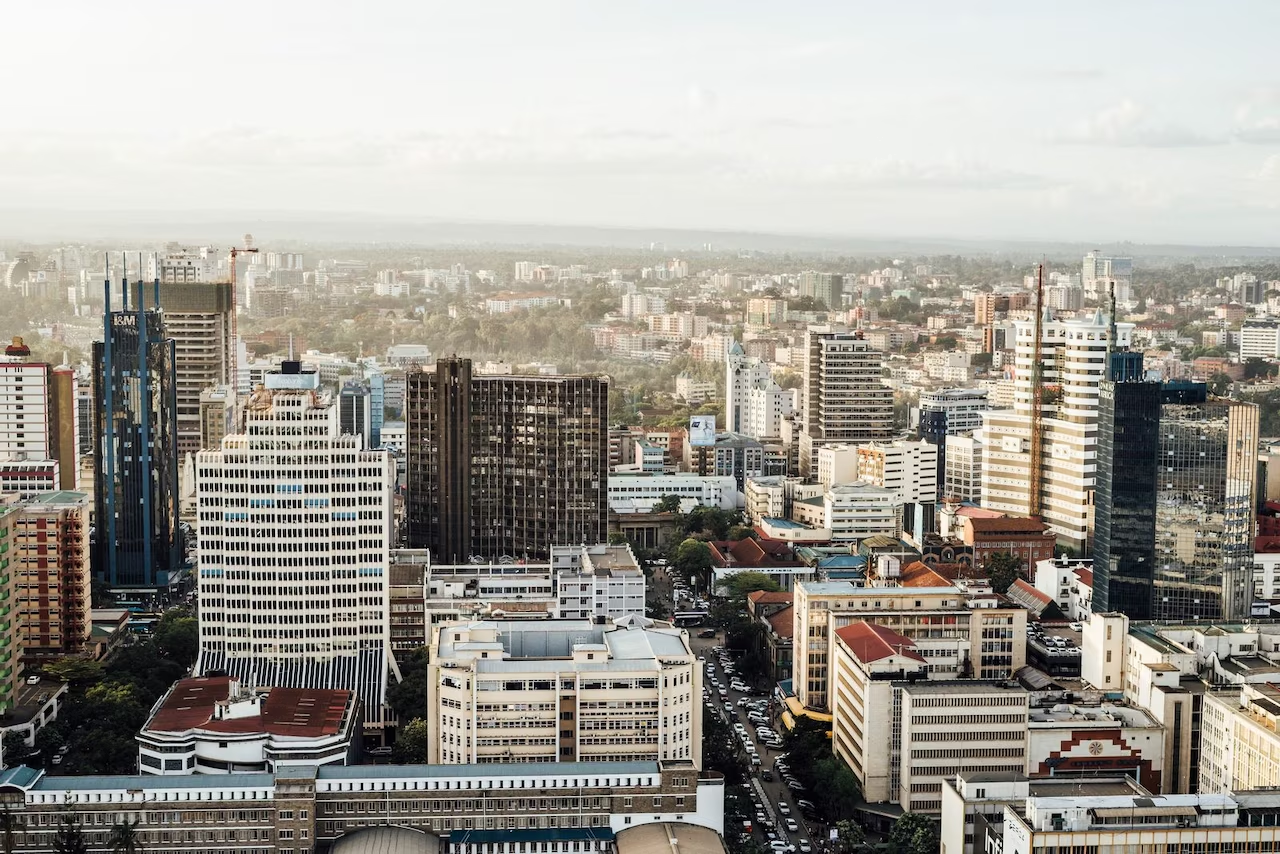
Nairobi is the capital and largest city of Kenya. The name “Nairobi” comes from the Maasai phrase “Enkare Nairobi,” which means “place of cool waters.” It is a reference to the Nairobi River that flows through the city.
It was founded in 1899 as a railway depot on the Uganda-Kenya Railway and by 1907, it had replaced Mombasa as the capital of British East Africa. After gaining independence in 1963, Nairobi became the capital of the Republic of Kenya and has since evolved into one of Africa’s most significant urban centers.
The city is often referred to as the economic hub of East Africa. It is home to numerous international organizations, including the United Nations Environment Programme (UNEP) and various NGOs, making it a focal point for diplomatic activities in the region. The Nairobi Securities Exchange (NSE) is one of Africa’s largest stock exchanges and contributes significantly to the country’s economy.
6. Kigali, Rwanda
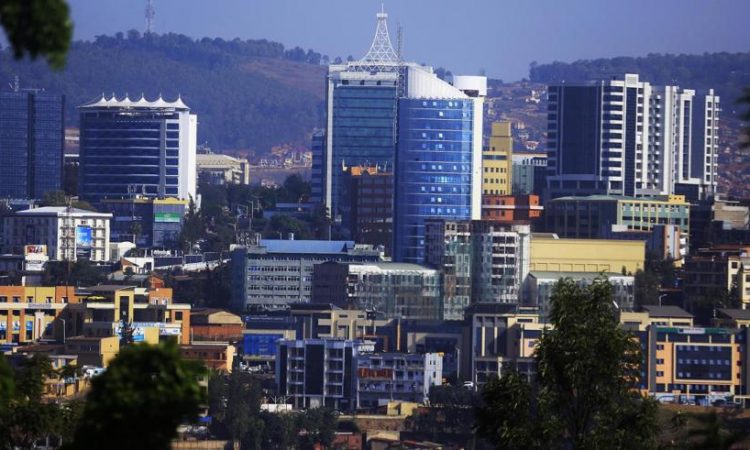
Kigali is the capital and largest city of Rwanda. It is a remarkable urban center that has undergone significant transformation over the past few decades. With a population of over 1 million, it stands out for its cleanliness, safety, and rapid development.
In 1907, it was founded as an administrative outpost, and it became the capital of Rwanda upon the country’s independence in 1962. The post-genocide era saw extensive rebuilding efforts that transformed Kigali into a modern city with a focus on development and unity.
The city contributes significantly to the national GDP of Rwanda, with the service sector being the largest contributor. It has positioned itself as a center for business and tourism, thereby attracting both international conferences and investments.
7. Accra, Ghana
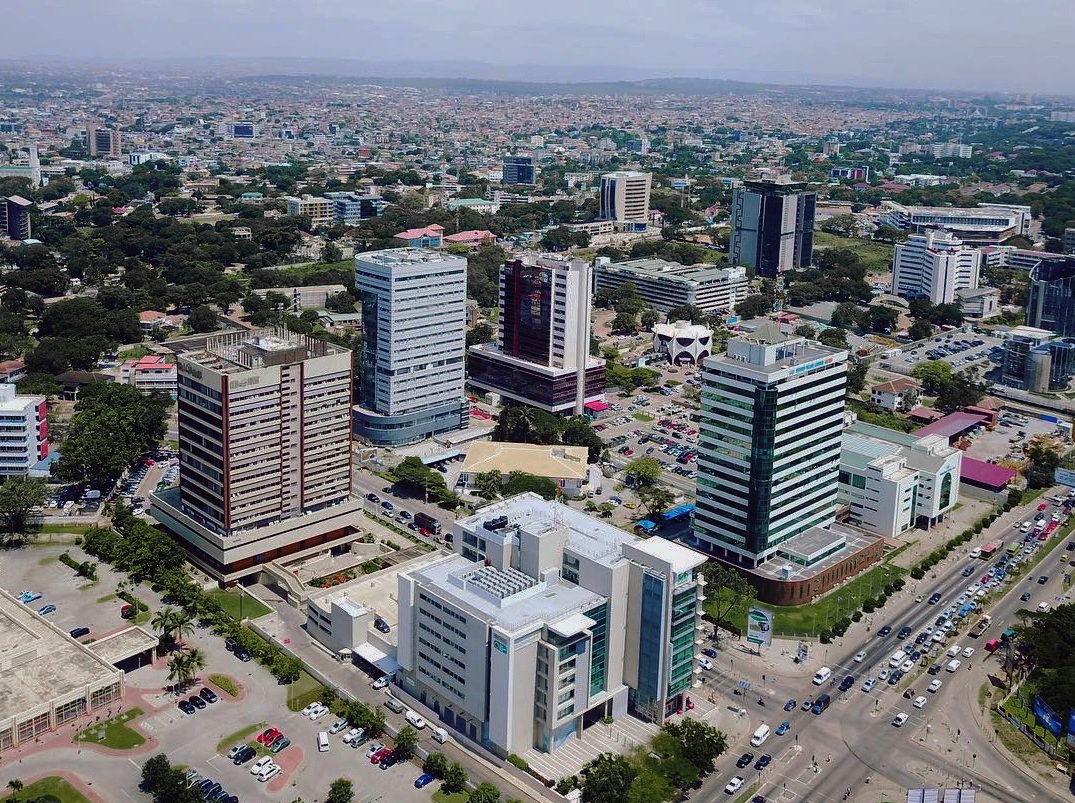
Accra is the capital and largest city of Ghana. It is located along the southern coast at the Gulf of Guinea and has a population of approximately 5.4 million. It officially became the capital of the British Gold Coast in 1877 and retained this status after Ghana gained independence in 1957.
As Ghana’s economic powerhouse, the city plays a crucial role in the country’s connection to the global economy. The city is home to numerous businesses, financial institutions, and government offices. The Kotoka International Airport serves as a major transportation hub, facilitating both domestic and international travel.
8. Addis Ababa, Ethiopia
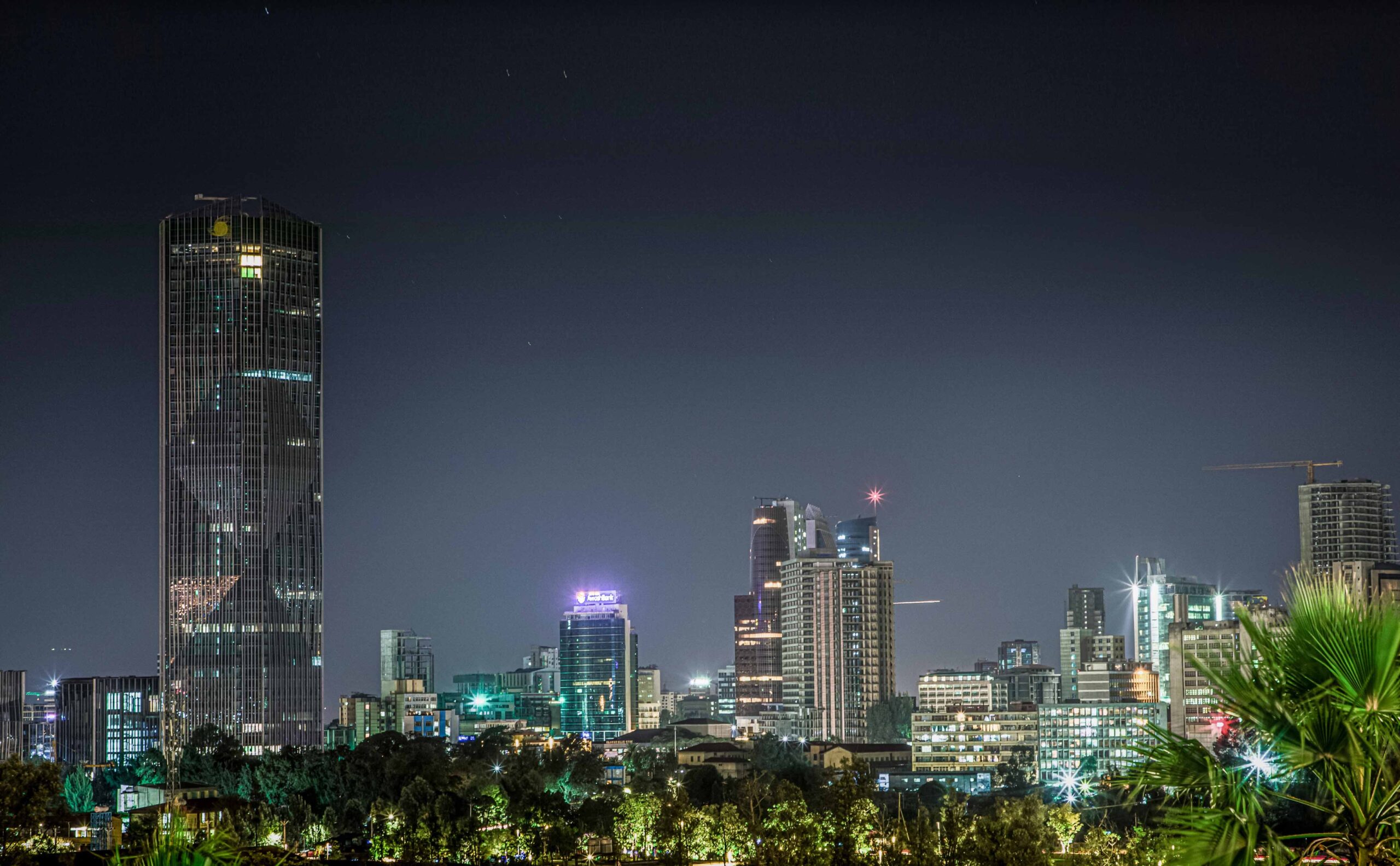
Addis Ababa is the capital and largest city of Ethiopia. The city was founded in 1887 by Emperor Menelik II and his wife, Empress Taytu Betul, Addis Ababa translates to “New Flower” in Amharic.
The city is situated on a plateau at an elevation of about 2,400 meters (7,874 feet), surrounded by hills and mountains. It became the capital of Ethiopia in 1889 and has since evolved into a symbol of national pride and resilience.
The city is often referred to as the “political capital of Africa” due to its role as the headquarters for major international organizations like the African Union (AU) and the United Nations Economic Commission for Africa (UNECA). The city’s transport network includes roads connecting it to other major cities in Ethiopia and a railway line linking it to Djibouti’s port. Bole International Airport serves as a key gateway for international travel.
9. Dar es Salaam, Tanzania
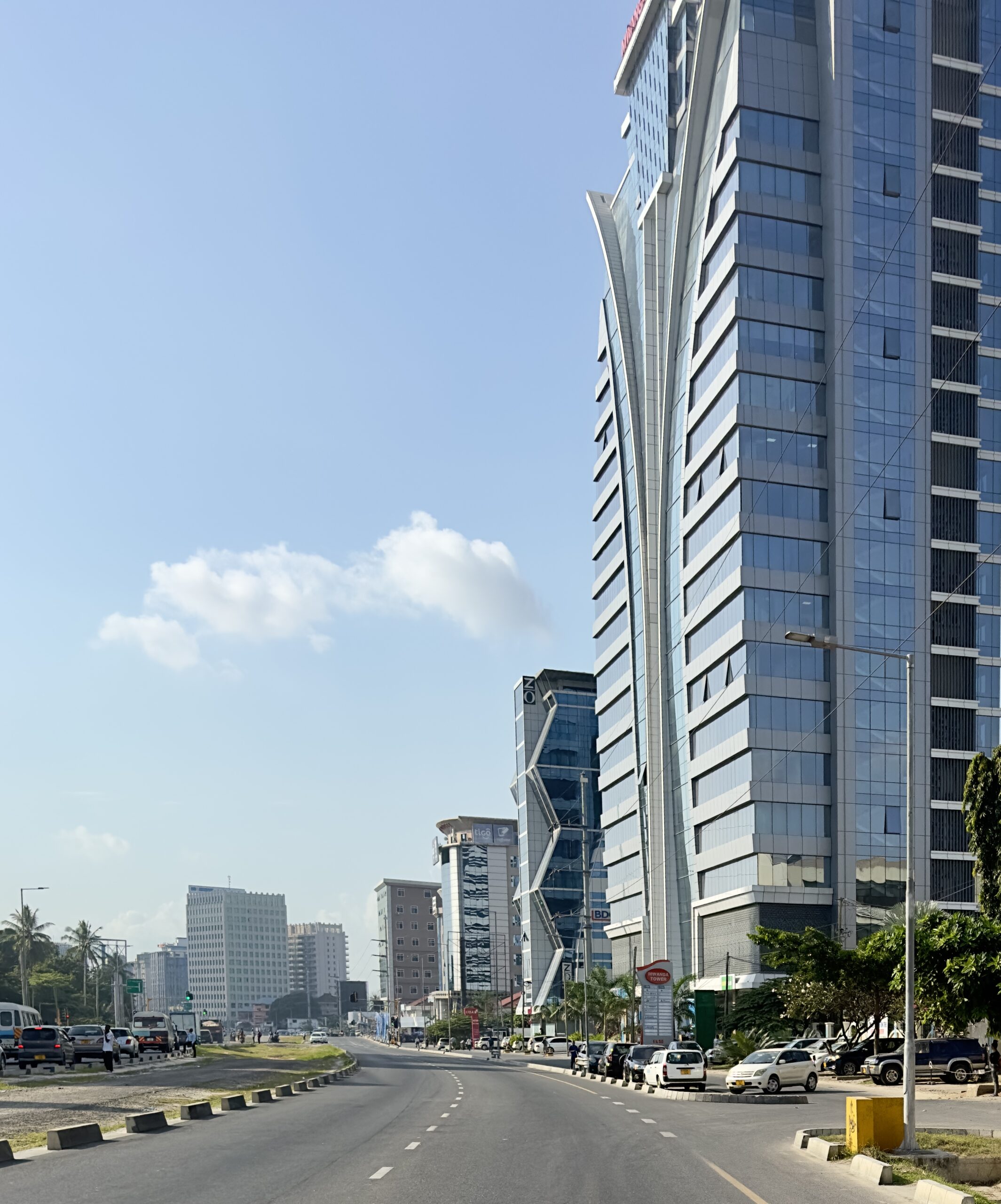
Dar es Salaam is the largest city and economic capital of Tanzania. The city is located on the eastern coast of the country along the Indian Ocean. The name “Dar es Salaam” translates from Arabic and it means “Abode of Peace.”
The city was founded in 1866 by Sultan Seyyid Majid of Zanzibar and it quickly transformed into an important port and trading center during the era of German East Africa in the late 19th century.
The city is home to major industries, including manufacturing, finance, and telecommunications. The Central Business District (CBD) features a mix of modern skyscrapers and colonial-era buildings that house banks, businesses, and government offices. Also, the Dar es Salaam Port is one of the busiest ports in East Africa.
10. Casablanca, Morocco
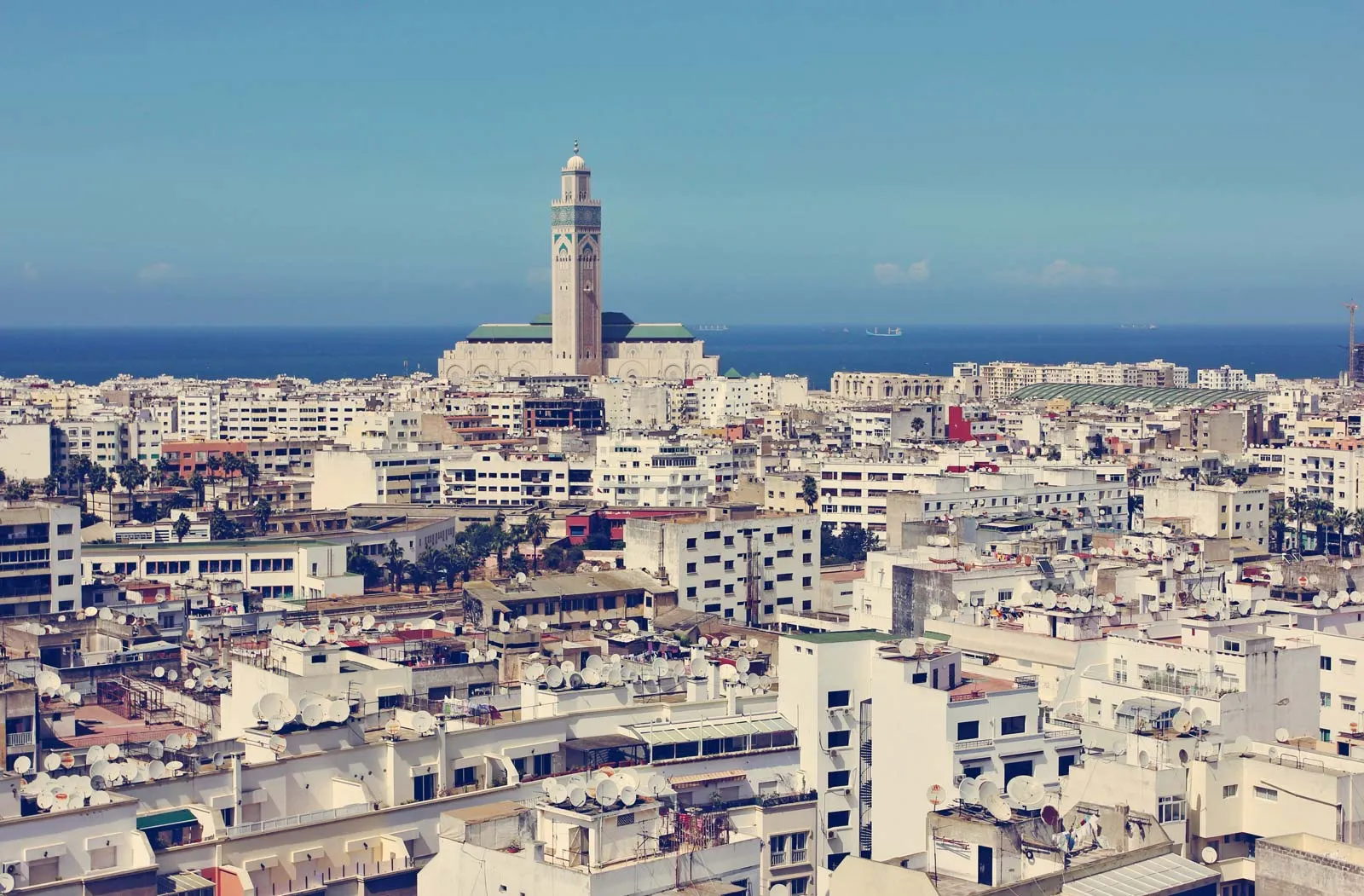
Casablanca, which is often referred to as “Casa,” is Morocco’s largest city and a significant economic hub located on the Atlantic coast. The city was founded in the 15th century and was originally known as Anfa. However, it was destroyed by the Portuguese in 1468 and later rebuilt as Casa Branca in 1515.
The city became a focal point during the French protectorate in the early 20th century, which led to extensive urban development and the introduction of European architectural styles. Casablanca played a crucial role during World War II and was the site of the famous Casablanca Conference in 1943.
The city is home to the country’s largest port, which handles most of Morocco’s foreign trade and serves as a vital link for shipping goods to and from Europe and beyond.
Conclusion
The development of these cities reflects Africa’s potential as an emerging market on the global stage. When next you want to visit a new city or country in Africa, refer to this guide for inspiration.

